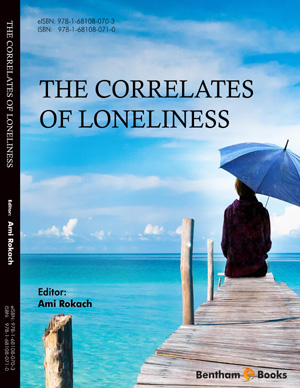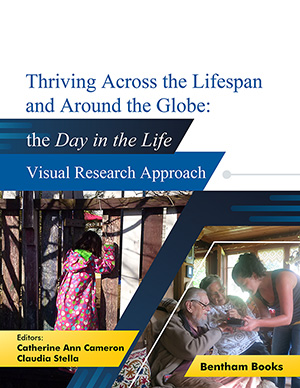Abstract
The study explored the associations between marital status, coping, loneliness and wellbeing. The analyses were based on data from 196 women and men (Mage = 45.94 years; 54% were women; 34% were married, 32% were widowed, and 34% were divorced) who completed inventories assessing feelings of loneliness, and wellbeing measured by life satisfaction, positive affect and negative affect. The widowed and divorced respondents also assessed their coping strategies with widowhood or divorce, respectively. Marital status (married vs. widowed/divorced) moderated the effects of loneliness on wellbeing, with stronger negative associations of high loneliness with lower wellbeing in widowhood and divorce. The widowed and divorced persons differed, the widowed being higher than the divorced on emotionfocused coping and loneliness and lower on problem-focused coping, life satisfaction and positive affect. Moreover, problem-focused coping mediated the effects of widowhood vs. divorce on life satisfaction, positive affect and loneliness; and loneliness mediated the effects of both problem-focused and emotion-focused coping on wellbeing measures. These findings suggest that widowed and divorced individuals can benefit from interventions which apply strategies of problem-focused coping with loss or separation to modify loneliness and contribute to wellbeing.
Keywords: Divorce, Emotion-focused coping, Life satisfaction, Loneliness, Marriage, Negative affect, Positive affect, Problem-focused coping, Wellbeing, Widowhood.













